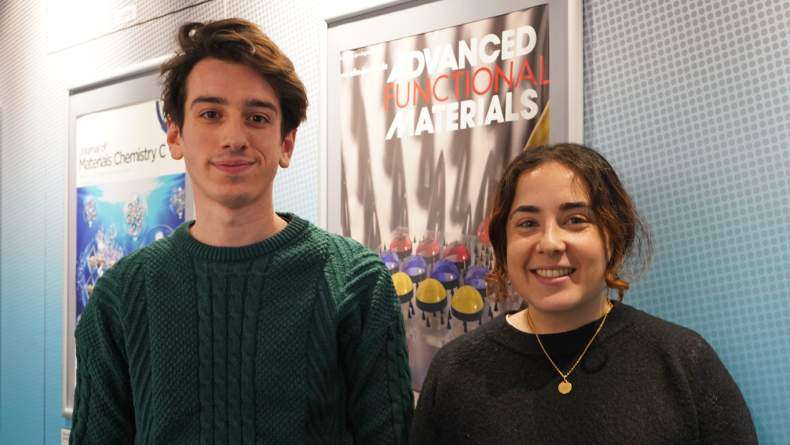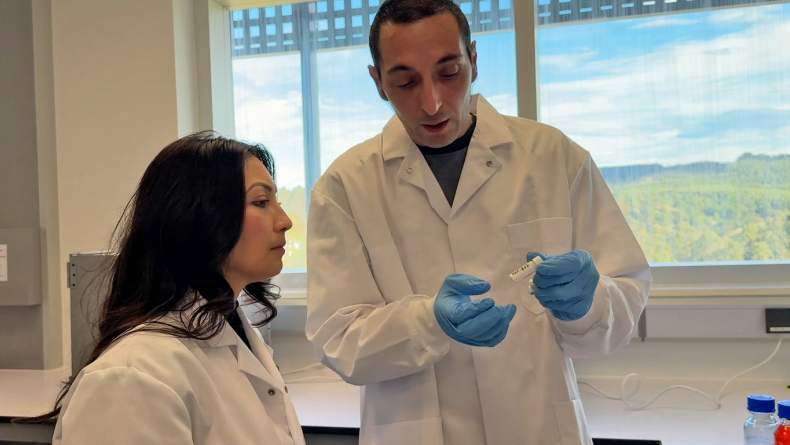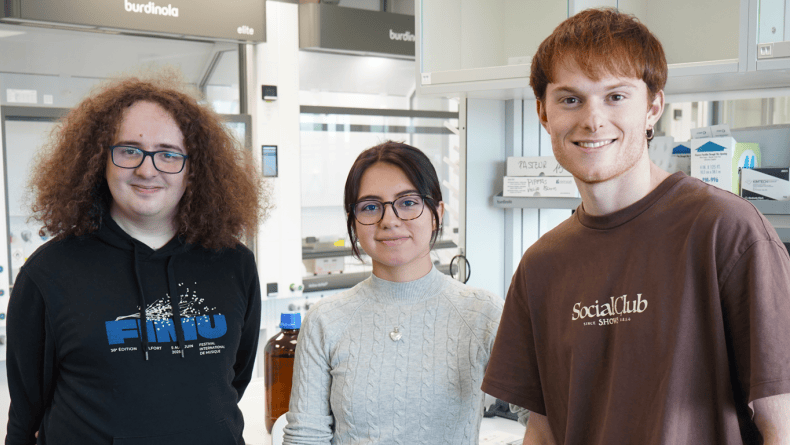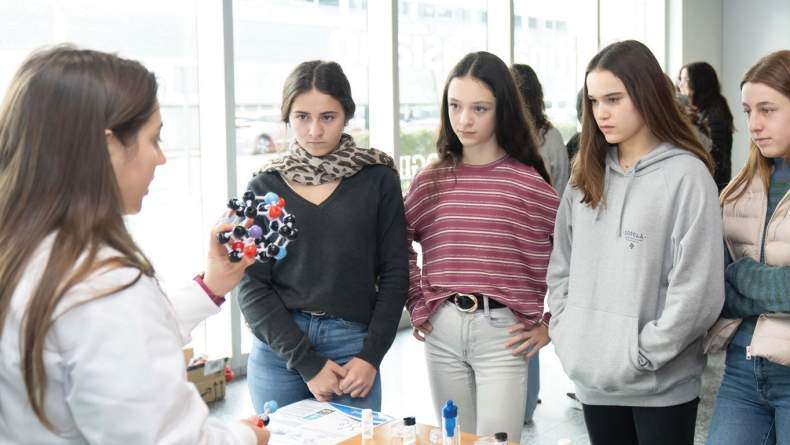BCMaterials participates in a project for early diagnosis of sepsis using ECL
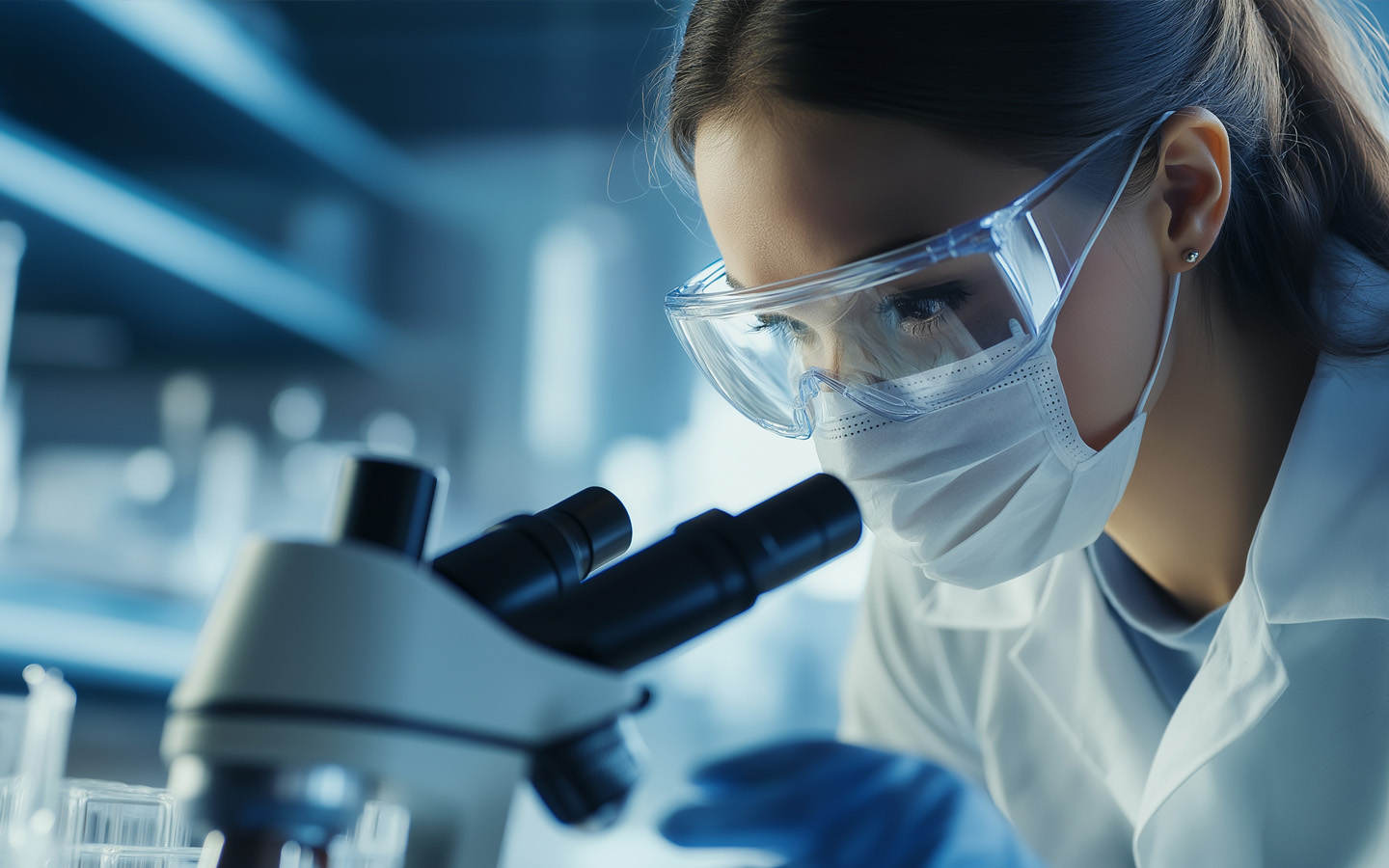
Sepsis or septicemia is a serious and potentially fatal response to an infection that can worsen very quickly. A 2020 WHO report estimates that sepsis causes 30 million deaths a year worldwide. It is estimated that the risk of dying from complications of infections increases by 7.6% for every hour of delay in treatment. It is estimated that early diagnosis of sepsis could save the lives of 200,000 people annually.
With these data in hand, research centers and academics from 8 countries, including BCMaterials, have launched the ECLectic training project; a doctoral network within the HORIZON-MSCA Actions program of the European Union.
ECLectic was born with an ambitious goal: to develop systems for microbial detection in blood in less than two hours. The objective is to significantly reduce the detection time of sepsis compared to plate cultures. The ECLectic project is based on electrochemiluminescence (ECL), an analysis technique with very high sensitivity. ECL is based on the generation of light from an electrochemical process; that is, in a controlled manner on the surface of an electrode. This implies a high spatiotemporal selectivity, and is of great interest for the detection of biomarkers in clinical environments.
The BCMaterials role in the project
BCMaterials collaborates in this project by taking charge of the development of new electrode materials, new detectors, and measurement systems integrated into microfluidic devices. In coordination with CICBiomaGUNE, we will develop new bioinks and nanomaterials.
ECLectic will develop a PhD network within the HORIZON-MSCA Actions program that will allow the training of a new generation of clinically oriented analytical scientists capable of offering innovative solutions to improve the lives of patients. The success of the ECLectic project will lead to the commercialization of the model and its scalability, in order to reduce the cost of biomedical care.
The project has 10 partners, including the Universities of Bologna and Milan (Italy), the University of Bordeaux (France), Dublin City University (Ireland), Stichting IMEC Nederland (Netherlands), Albert-Ludwigs-University of Freiburg and Dynamic Biosensors (Germany), CICBiomaGUNE, the Complutense University of Madrid and BCMaterials. In addition, 9 other institutions participate as associated partners, including the UPV/EHU.
Related news
Sara Martín and Stefano Lunghi Join BCMaterials as New Researchers
BCMaterials is pleased to welcome two new members to its research team: Sara Martín Iglesias, a postdoctoral researcher in the Active and Smart Materials research line, and Stefano Lunghi, a…Nanomaterials for Water Remediation and Valorization
Scientific staff at BCMaterials are developing next-generation nanomaterials combined with naturally sourced polymer membranes for water decontamination and reuse. These advanced materials not only…Three New Resarchers Join BCMaterials
The new year has brought BCMaterials the arrival of three new young scientists to our staff. They are the pre-doctoral researchers Karen Cano and Mikel Russo, along with the post-doctoral researcher…BCMaterials Activities at Emakumeak Zientzian (Women in Science)
This year marks the 10th anniversary of the Emakumeak Zientzian (Women in Science) initiative, which brings together more than 30 Basque organizations (universities, research centers, companies…) to…
